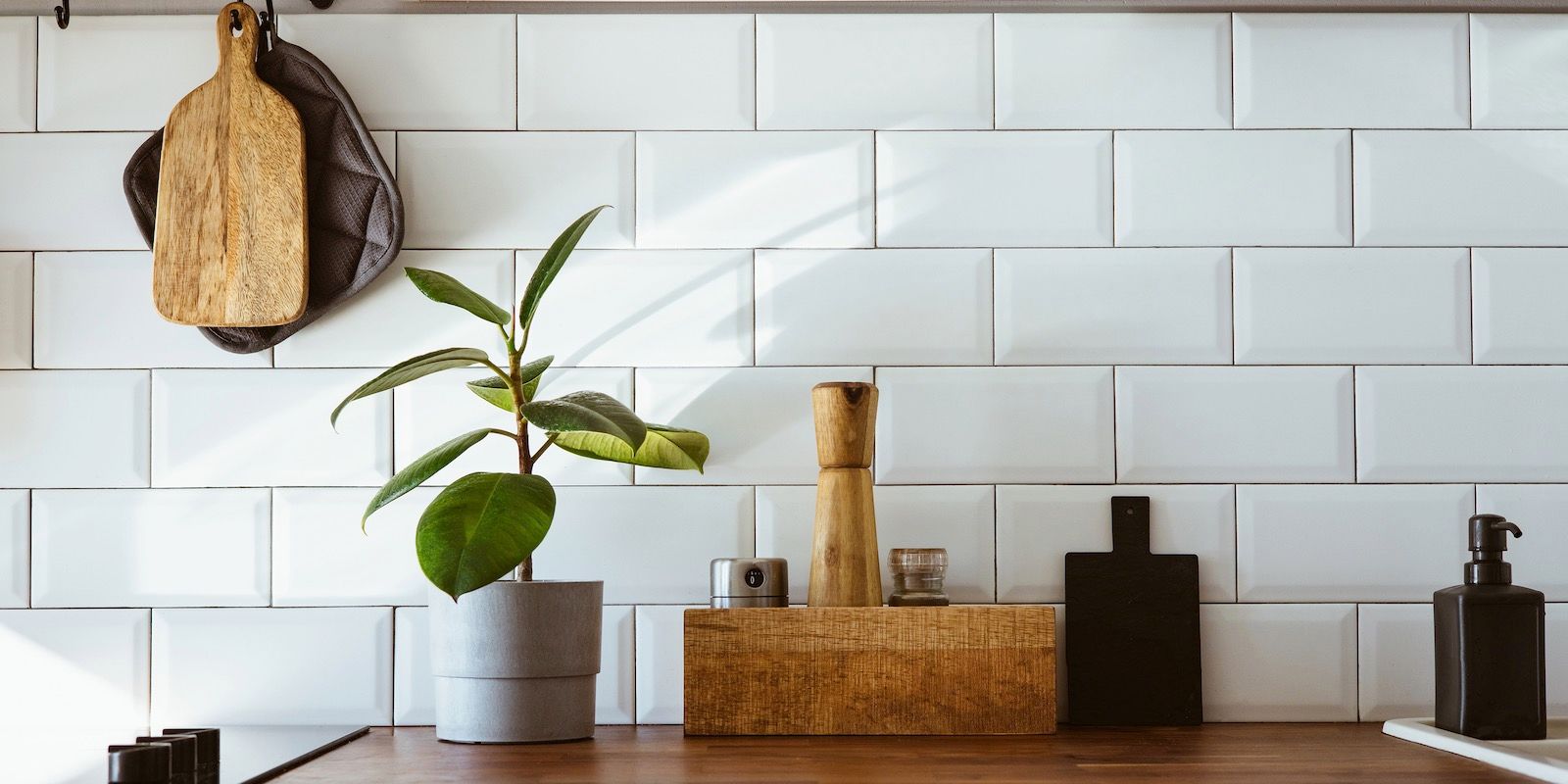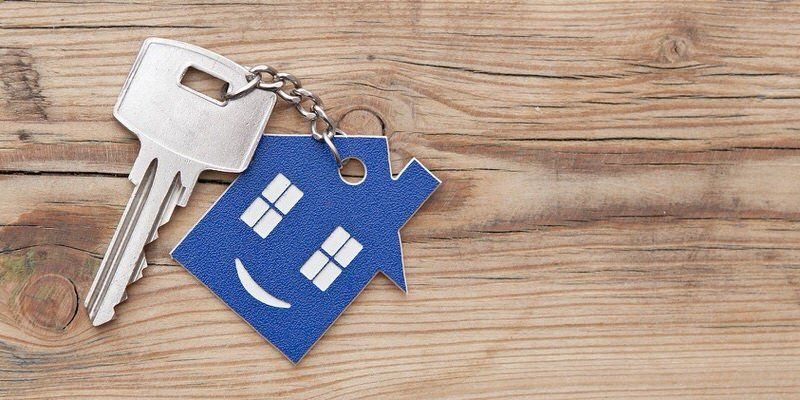Don’t Forget to Claim your Home Owner Grant
Just a friendly reminder that your property taxes are due in the next couple of weeks! Now, for many of my clients, this isn’t a huge deal as they have opted to have their taxes collected by their lender as part of their regular mortgage payments. Equalized payments are a great way to ensure you aren’t left scrambling last minute trying to pay your property taxes annually. Missing the payment deadline will result in a 5% penalty.
So, if your payments are deducted monthly, and you own a home in BC, the only thing left to do is to claim your basic home owner grant. Even though your taxes are being collected on your behalf, you’re still required to claim your home owner grant. You can do this by submitting your application to the office that sent your property tax notice. A home owner grant application is included with your property tax notice.
However, if you have lost that notice, or it didn’t show up in the mail… you can contact your municipality or the province if you l ive in a rural area , or simply use the Home Owner Grant Application (FIN 78) (PDF).
Now, maybe you just bought your first home, or you just relocated to BC and none of this makes any sense to you, that’s okay… here’s the Coles Notes of what you need to know.
What is the Home Owner Grant? In BC, the home owner grant is used to reduce the amount of property taxes you pay for your principal residence. You can claim the grant on the property you occupy as your principal residence. If you qualify for the grant, there’s no reason you shouldn’t apply for it. It’s a simple way to reduce the amount of taxes you pay!
Who qualifies for the home owner grant? In order to qualify, you need to meet all of the following criteria: be the owner of the residence, be a Canadian citizen or permanent resident of Canada, live in BC, and occupy the residence as your principal residence. Easy enough!
What if I own more than one property? You can only claim the home owner grant on your principal residence. This would be the residence where you carry on your usual business, conduct your daily affairs, and receive mail (if you still receive mail). So if you have a recreation or second property, you would not qualify for the grant on that property.
If you have any questions about claiming the home owner grant, please don’t hesitate to contact me anytime. I’m here to help!
Katherine Martin
Origin Mortgages
Phone: 1-604-454-0843
Email: kmartin@planmymortgage.ca
Fax: 1-604-454-0842
RECENT POSTS


MENU
GET IN TOUCH
550 – 2608 Granville Street
Vancouver, BC.
V6H 3V3
Fax: 1-604-454-0842
DOWNLOAD MY FREE EBOOK
Contact Us
We will get back to you as soon as possible
Please try again later
Katherine Martin. All Rights Reserved.
Privacy & Content Policy




